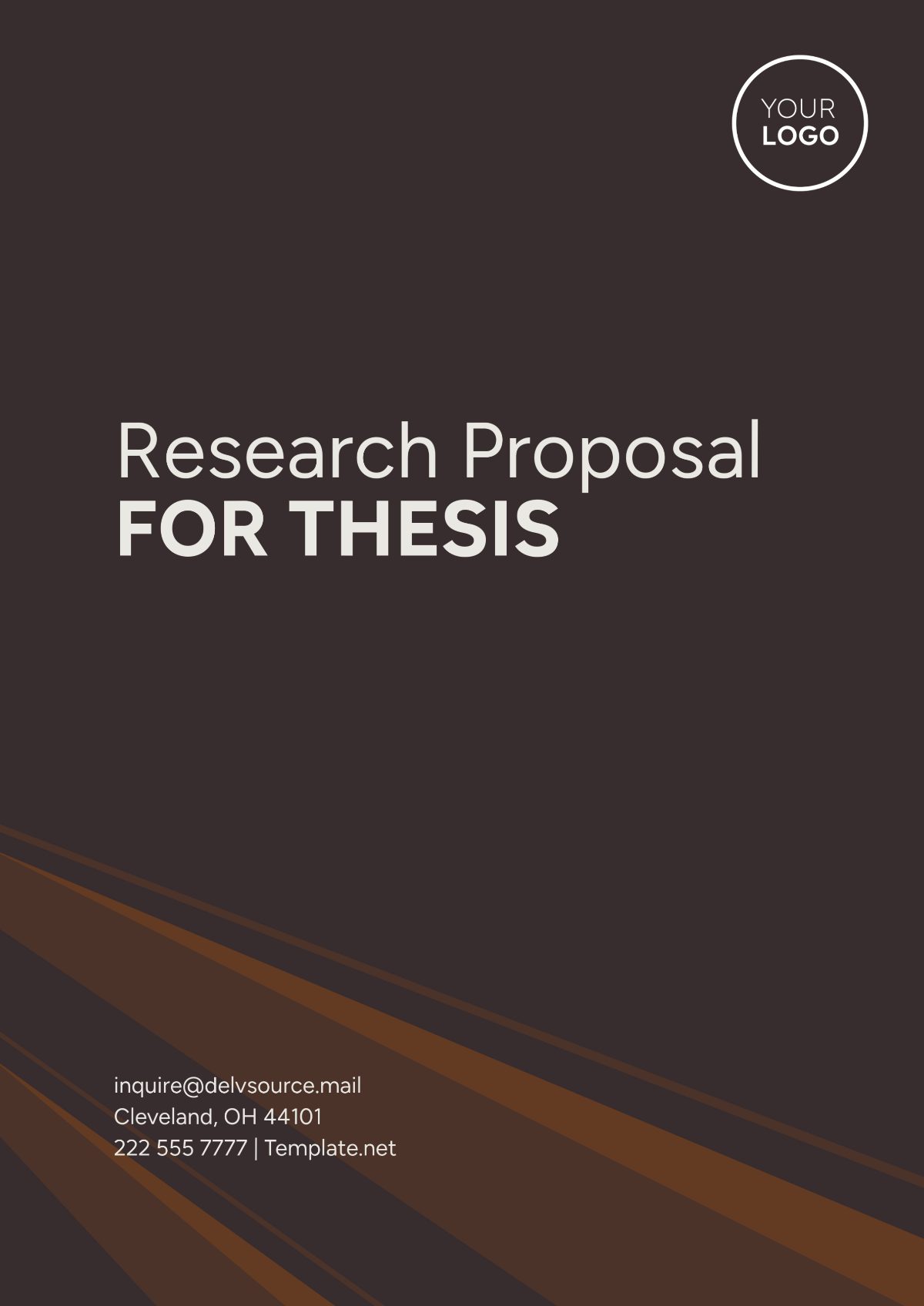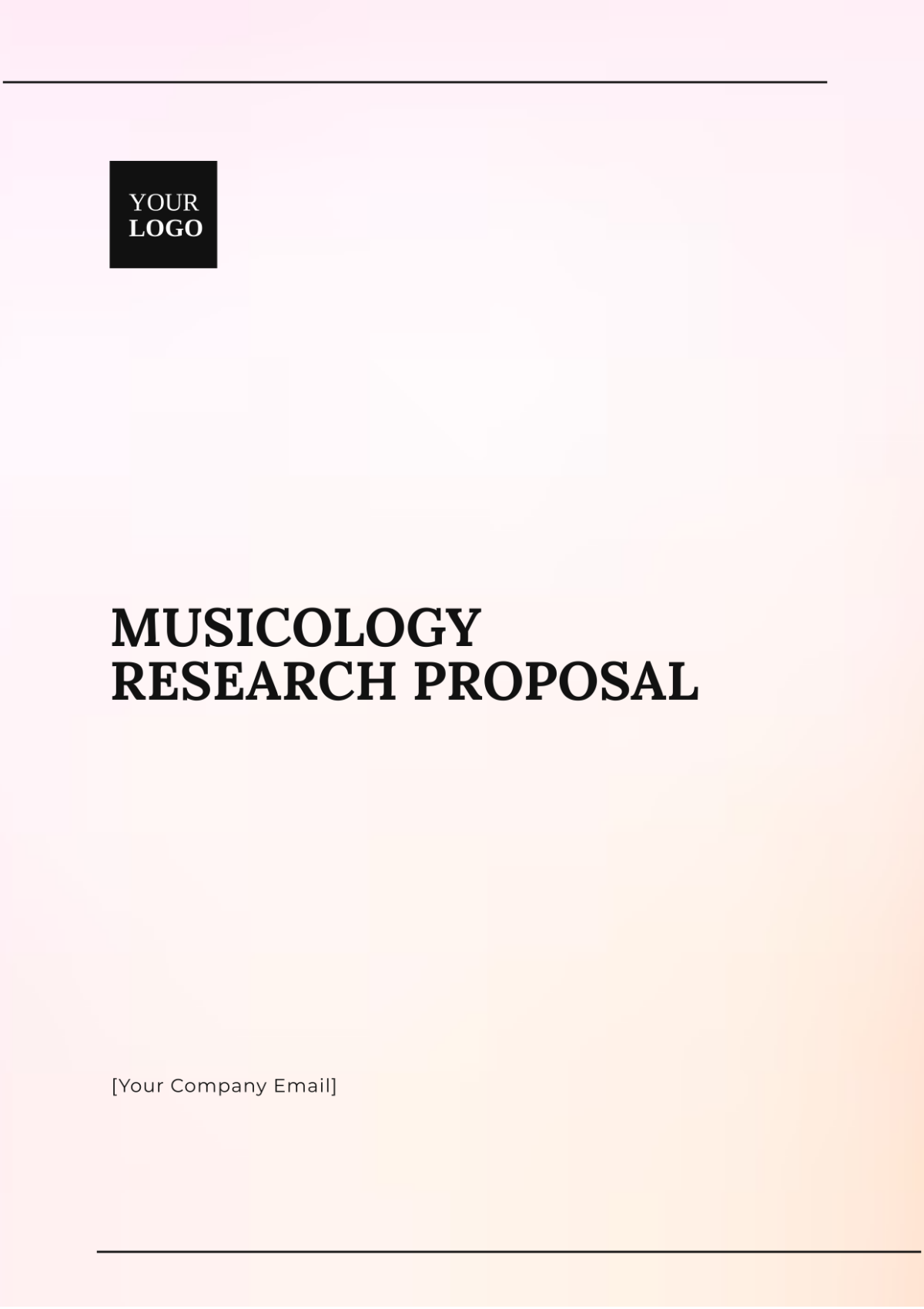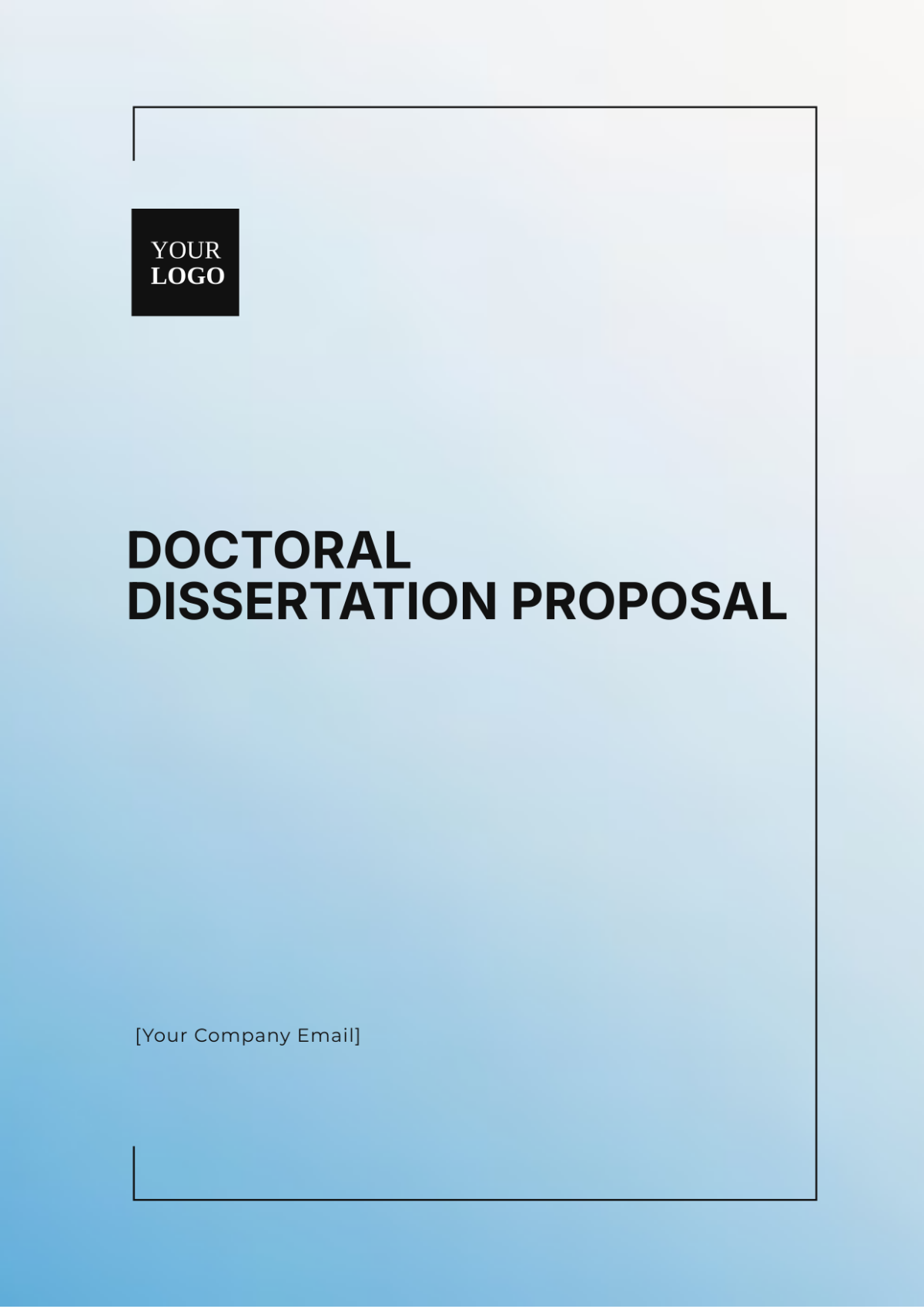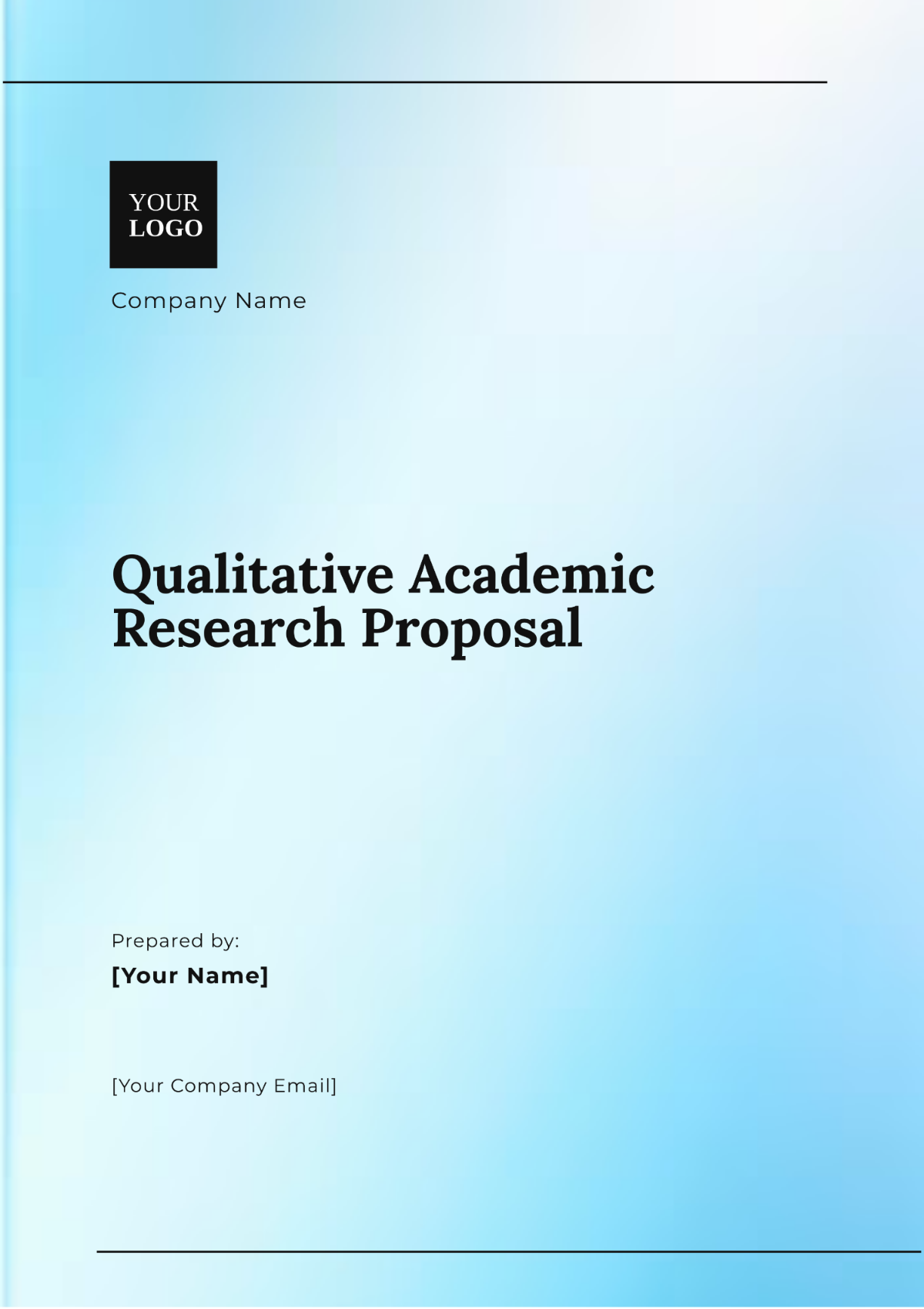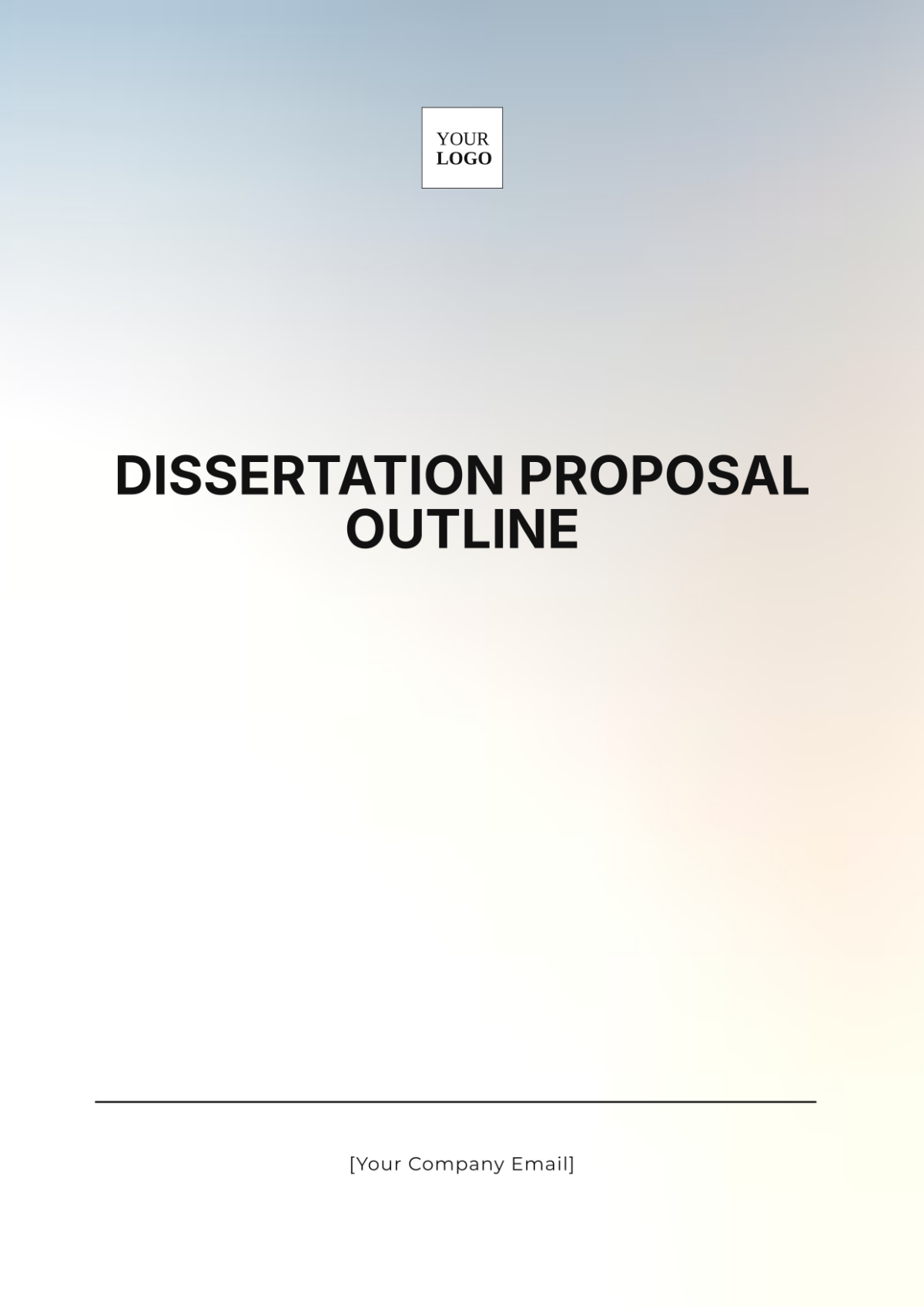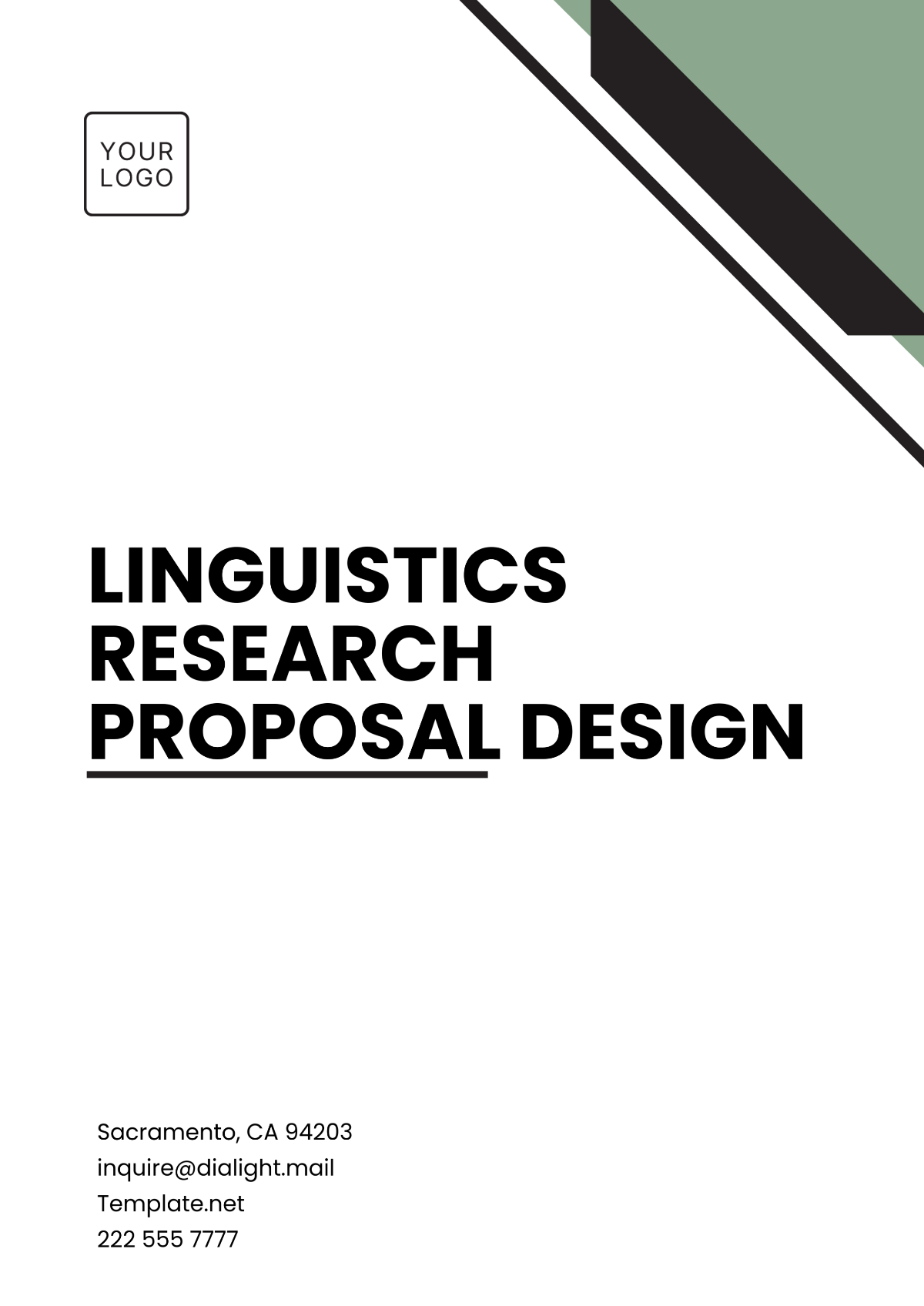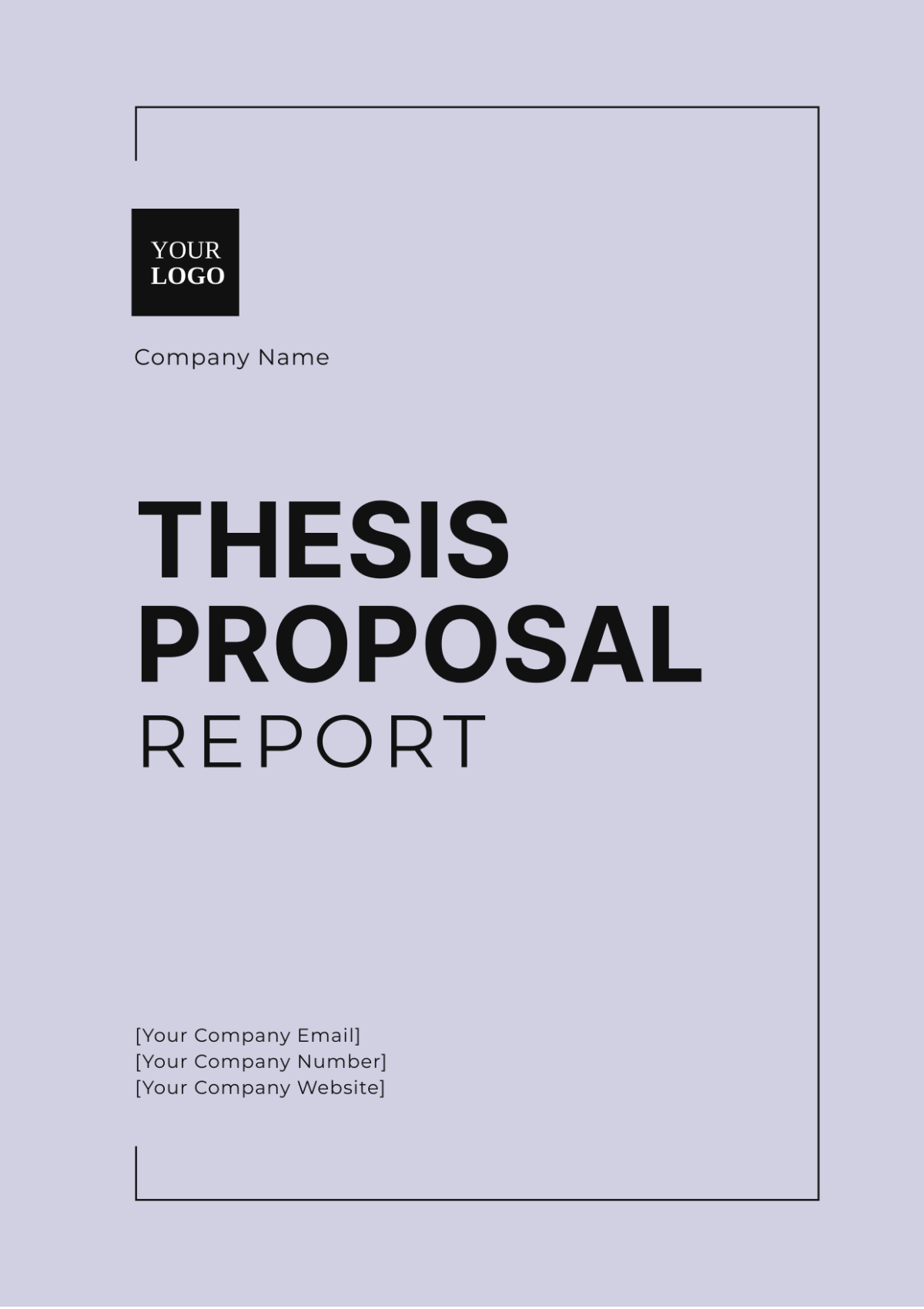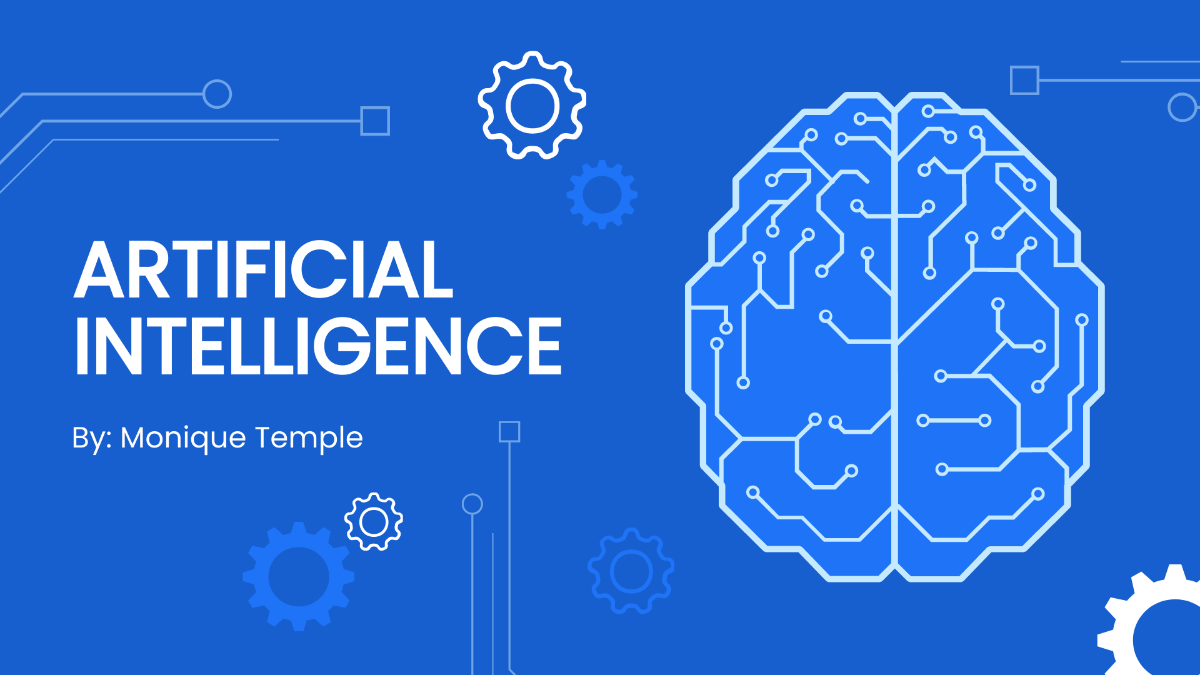Thesis Proposal
I. Introduction
This thesis proposal presents a comprehensive research plan aimed at exploring the impact of artificial intelligence (AI) on healthcare outcomes. The objective of this research is to determine how AI technologies are transforming patient care, diagnosis, and treatment efficiency. By examining AI's role in healthcare, this research aims to offer insights into how AI can improve clinical outcomes and patient satisfaction.
II. Research Problem
The proposed research will investigate the effectiveness of AI-driven diagnostic tools in improving the accuracy and speed of medical diagnoses. While AI has shown promise in various healthcare applications, there is insufficient research on its impact on reducing diagnostic errors and improving overall healthcare outcomes. Addressing this gap will provide valuable insights into AI's potential as a tool for enhancing medical practice and improving patient care.
III. Research Objectives
The main objectives of this research include:
Objective 1: Investigate the impact of AI diagnostic tools on the accuracy and speed of medical diagnoses.
Objective 2: Evaluate the effectiveness of AI applications in improving patient outcomes compared to traditional methods.
Objective 3: Propose a model for integrating AI into clinical decision-making processes to enhance healthcare quality.
Objective 4: Analyze patient perceptions of AI-driven healthcare services and its impact on patient satisfaction.
These objectives will guide the research towards a thorough understanding of AI's role in healthcare.
IV. Literature Review
Existing literature on AI in healthcare highlights several key findings:
Key Finding 1: A study by Smith et al. (2049) found that AI-driven diagnostic tools improved diagnostic accuracy by 25% compared to traditional methods.
Key Finding 2: Research by Johnson & Lee (2048) suggested that AI applications significantly reduce diagnostic errors in high-risk medical fields like radiology.
Key Finding 3: However, there is limited research on the long-term impact of AI in clinical practice and patient outcomes.
This review shows that while AI shows significant promise, the evidence for its long-term effectiveness and impact on healthcare outcomes is still insufficient, which this research intends to address.
V. Methodology
The research will utilize a mixed-methods approach combining quantitative and qualitative data. The study will focus on two key phases:
Data Collection: Data will be collected from 100 hospitals using AI diagnostic tools. Surveys will be conducted with healthcare professionals, and patient data will be anonymized for analysis.
Analysis Techniques: The data will be analyzed using statistical analysis to measure diagnostic accuracy and patient outcomes. Additionally, thematic analysis will be used to examine patient and healthcare provider perceptions.
Sampling: A sample of 200 patients and 50 healthcare professionals will be selected, ensuring diversity in terms of age, gender, and medical specialty.
This methodology will allow for a comprehensive evaluation of both quantitative performance metrics and qualitative experiences.
VI. Timeline
The timeline for the completion of this research project is outlined below. The key milestones are set to ensure the research progresses systematically and efficiently.
Task | Start Date | End Date |
|---|---|---|
Literature Review | January 15, 2050 | March 15, 2050 |
Data Collection | March 20, 2050 | June 1, 2050 |
Data Analysis | June 5, 2050 | July 15, 2050 |
Thesis Writing and Drafting | July 20, 2050 | October 1, 2050 |
Thesis Submission | October 10, 2050 | October 10, 2050 |
VII. Significance of the Study
This research is significant because it will fill critical gaps in the current understanding of AI in healthcare, particularly in its role in diagnostic accuracy and patient outcomes. The study will contribute to advancing both the theoretical understanding of AI's potential and practical strategies for healthcare integration. The findings could lead to better clinical decision-making, reduced diagnostic errors, and improved patient care in the healthcare industry.
VIII. Conclusion
In conclusion, this thesis proposal outlines a well-structured plan to investigate the role of artificial intelligence in improving healthcare outcomes. The research will provide valuable insights into the effectiveness of AI technologies in clinical settings and their impact on patient satisfaction. By systematically addressing gaps in current literature, this study aims to enhance both academic and practical knowledge in the field of AI in healthcare.
Prepared by: [YOUR NAME]
Email: [YOUR EMAIL]

